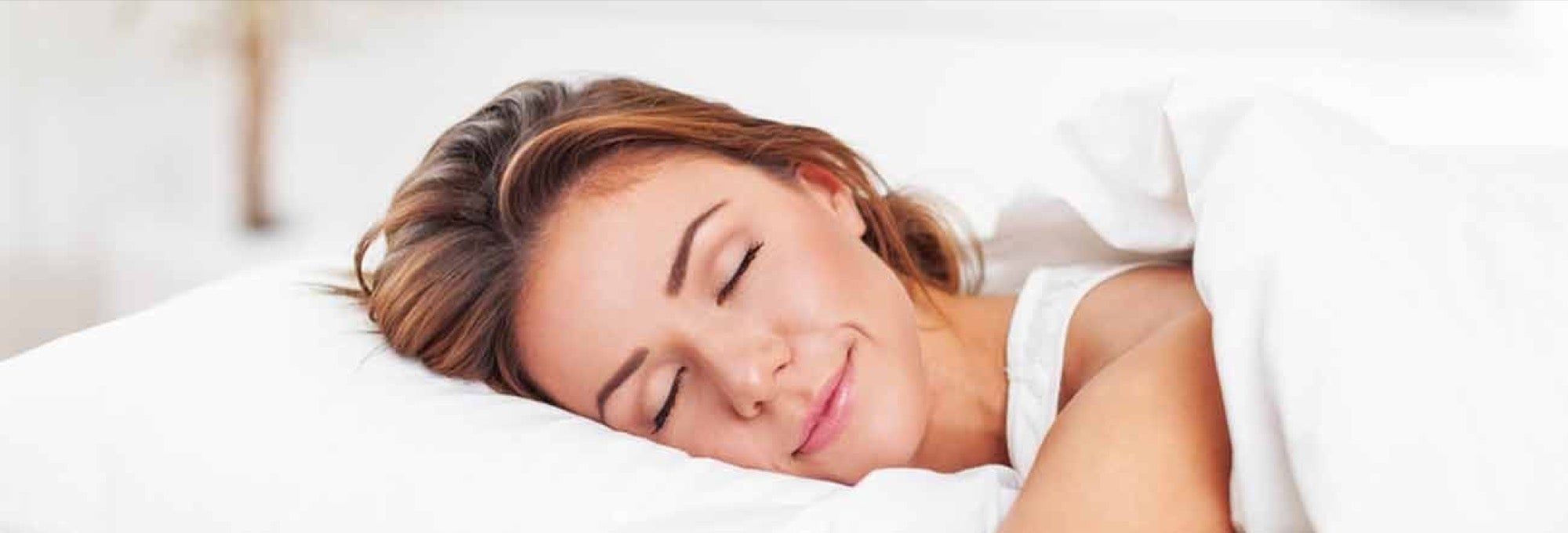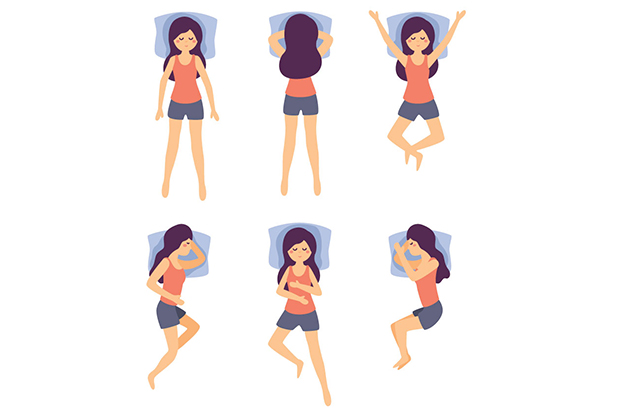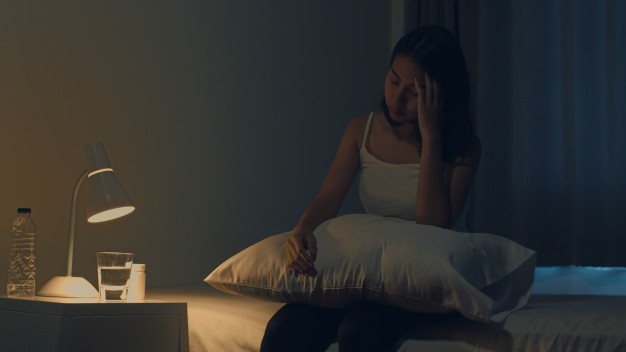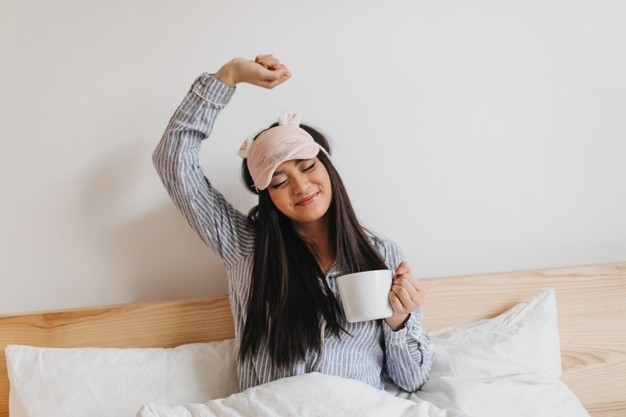
Life Care Diagnostic
June 6, 2021
We all have that one co-worker who is always perky and upbeat, no matter what is going on. Do you ever wonder why they appear to be on top of anything when you are tired by 2:00 p.m.? Or have you ever experienced such situations that you always have a bad sleep and cause low mood during the day, despite being physically healthy?
By harnessing sleep hygiene practices, it could make you easier to sleep soundly throughout the night and wake up well-rested.

Good sleep hygiene is all about putting yourself in the best position to sleep well each and every night. Having healthy sleep is necessary for physical and mental health, improving productivity and overall life quality. Everyone, from kids to adults, can benefit from better sleep, and sleep hygiene can play a crucial role in attaining that goal.

Some common signs of poor sleep hygiene, such as having a hard time falling asleep, experiencing frequent sleep disturbances, and suffering daytime sleepiness has become one of the modern plagues in the society. Therefore, focusing on sleep hygiene is one of the most forthright methods that you can set yourself up for better sleep.
Here are some tips that can help in improving sleeping, but they are not rigid requirements. You may adjust them to fit your circumstances and create a new list of sleep hygiene practices of yours to help get the best sleep.

Practicing sleep hygiene may benefit us in sleeping, yet it alone is not a panacea. If you face chronic or severe sleeping problems, it is best to talk with professionals who can recommend the most suitable solution or treatment. Alternative interventions such as clinical hypnotherapy, cognitive behavioural hypnotherapy and clinical neurofeedback help a lot in resolving sleep issues. However, sleep hygiene practices have merely little cost and virtually no risk, so why don’t you give it a try?
Get more info today at New Mind Brain Health Centre at Wisma LifeCare via Whatsapp +60167154419 or email newmindcentre@gmail.com for more information to address your sleep-related concern.
Life Care Diagnostic Medical Centre Sdn. Bhd. 200401034597 (673106-V)
Bangsar South
WhatsApp: 0122343610
1st Floor, Wisma Lifecare,
No. 5, Jalan Kerinchi, Bangsar South,
59200 Kuala Lumpur
Cheras South
WhatsApp: 01127213620
19A-2 & 19B-2, Block E, Kompleks Komersil Akasa,
Jalan Akasa, Akasa Cheras Selatan,
43300 Seri Kembangan, Selangor
Operating Hour:
Monday – Friday: 8.00am – 5.00pm
Saturday: 8.00am – 1.00pm
Sunday & Public Holidays: Closed